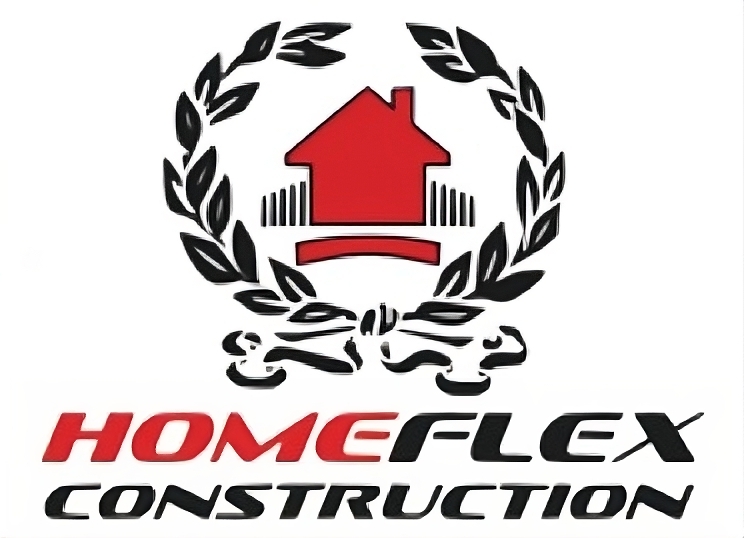Walk around New York or any busy neighborhood and you’ll notice how often pavers show up. Driveways, patios, sidewalks, they’re everywhere. People love them because they look sharp and last a long time. But here’s the thing: the type of concrete mix inside those pavers makes all the difference.
If you’ve ever seen a patio crack just a couple of winters after it was installed, you know what I mean. The wrong concrete mix doesn’t stand a chance against weather, salt, or heavy traffic. Choosing the right type up front saves money, time, and frustration later. So let’s break down what really matters.
Why the Mix Actually Makes a Difference
Concrete sounds simple: it’s just cement, sand, stone, and water, right? Not exactly. Think of it more like cooking. You can take the same ingredients and end up with either a perfect loaf of bread or something flat and inedible. With concrete, if the balance is off, you’ll get weak, crumbly pavers that don’t survive long.
The right mix makes pavers dense, tough, and resistant to water soaking in. That’s especially important in cold places. Water gets in, freezes, expands, and suddenly your paver has a crack. That’s how driveways start breaking apart.
Features That Make Good Pavers
1. Strength That Lasts
Good pavers should handle more than a person walking on them. A driveway has to carry cars without falling apart. That’s why most quality pavers are built to handle 8,000 psi or more. It’s basically like giving them the muscle to fight off both weight and weather.
2. Low Water Absorption
Dense pavers don’t act like sponges. Less water means fewer freeze-thaw problems and fewer stains. It also means the surface doesn’t start wearing down after every rainy season.
3. Proper Curing
Here’s a step people forget: curing. Letting the concrete harden slowly makes it stronger. Rushing the process or skipping it leaves weak spots. Companies that cure pavers right end up with products that stay solid for years.
4. Weather and Salt Resistance
Especially in the Northeast, winter salt eats away at weaker materials. Good concrete mixes fight off both salt and sun, so the pavers don’t fade or crumble after a few tough seasons.
Main Types of Concrete Pavers
1. Dry Cast
These use very little water. The mix gets pressed hard into molds until it’s rock solid. They’re dense, heavy-duty, and perfect for areas that take abuse, like driveways.
2. Wet Cast
This type has more water, which gives smoother finishes and deeper colors. They’re great for patios or pool decks, where appearance matters as much as performance. The surface can even look like natural stone.
3. High-Performance Mixes
Some manufacturers add extra ingredients to make super-strong pavers. These cost more, but if you want something that lasts decades with almost no issues, this is it.
Matching Pavers to the Job
Not every space needs the same type of paver. Think about how you’ll actually use the area.
- Driveways: Stick with dry cast or high-performance. They take the weight of cars without cracking.
- Patios: Wet cast looks great here, especially if you want rich colors or a stone look.
- Pool decks: You’ll want slip resistance and water resistance, which wet cast usually offers.
- Cold climates: Dry cast wins because it stands up to freezing water without splitting.
Tips to Get the Most Out of Your Pavers
1. Pick Trusted Brands
Companies like Techo-Bloc, Nicolock, and Unilock put effort into quality. Bargain-bin pavers might look fine at first, but often fade or shift too soon.
2. Focus on Installation
Even the strongest paver will fail if the base is weak. Proper compaction, sand bedding, and edge restraints matter more than people think.
3. Seal if Needed
A good sealer helps protect color and reduce stains. It’s not always required, but it does add years of life if applied correctly.
4. Keep Up with Light Maintenance
You don’t need to baby your pavers. A quick sweep, rinse, and topping up joint sand now and then usually keeps them looking sharp.
Conclusion
So, what’s the “best” concrete for pavers? There isn’t just one answer. It depends on where the pavers go and what you expect from them. Dry-cast pavers excel in high-traffic areas, such as driveways. Wet cast shines on patios and pool decks. High-performance mixes provide the strongest, longest-lasting results, although they may be more expensive upfront.
What really matters is picking the right type for the job, making sure the manufacturer did the curing right, and getting a solid installation. Do that, and you’ll have pavers that not only look good but also hold up through storms, summers, winters, and everything in between.
At the end of the day, your pavers should make your outdoor space enjoyable, not stressful. Choosing the right concrete mix is the easiest way to make sure they do.
